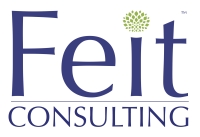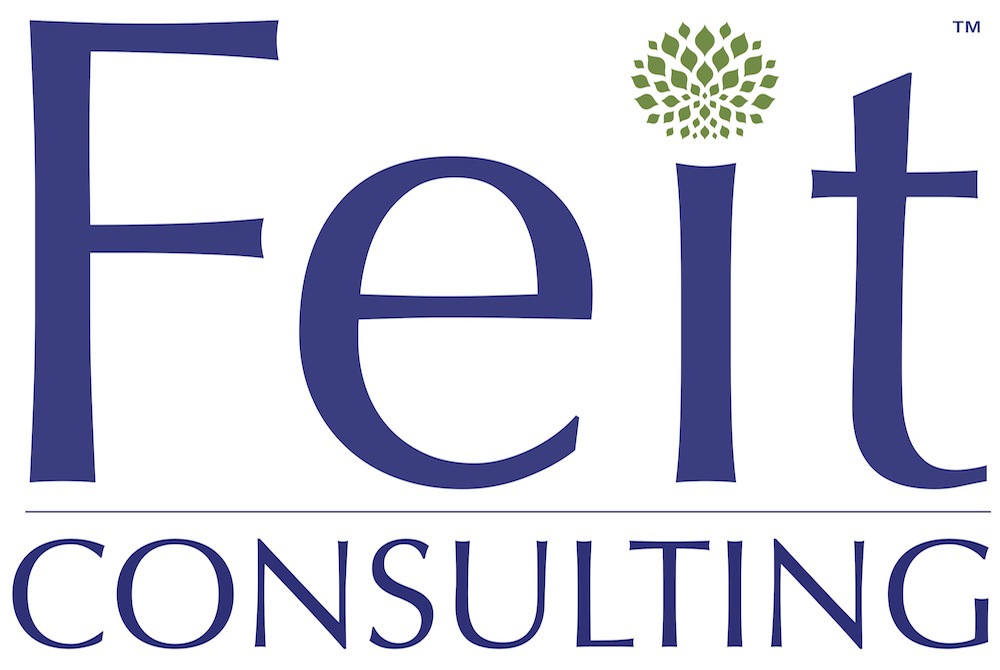
Modern Library Audit: Are you optimizing your current resources?
By Michael Feit | Benchmarking , Best Practices , Feit Consulting , Librarians , Resources
A Modern Library Audit is a measure of the utilization of personnel, internal processes, technology, legal information contracts and the overall support for the business of law.
Having an outside, objective analysis will save the firm/organization time and money. It is an investment in supporting the business of law. In this two-month audit, Feit Consulting will examine each of component of your library and provide clear recommendations specific to your firm/organization with the goal of saving money, improving efficiencies, and maximizing the utilization of resources.
Some of the unique topics that Feit Consulting will cover include;
- What best practices need updating ?
- Have you benchmarked your contracts lately ?
- Are your integrated library resources optimized ?
Having a 3rd party can add an objective view to your library
Click here to set up an initial, complimentary consultation. https://www.feitconsulting.com/get-started/




